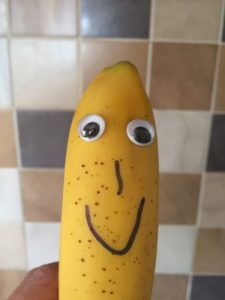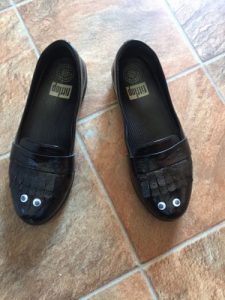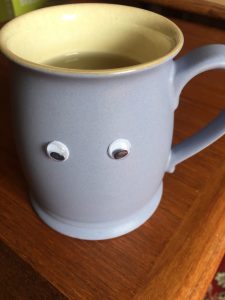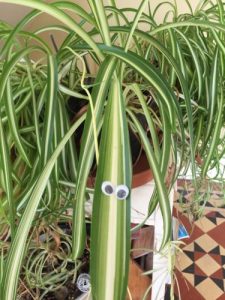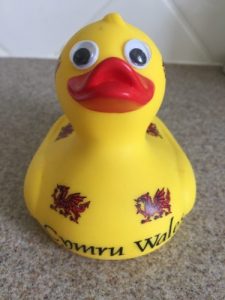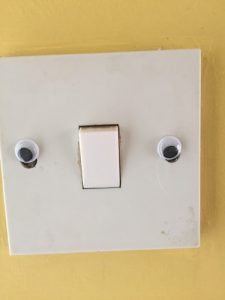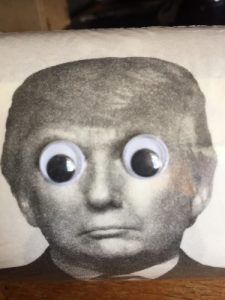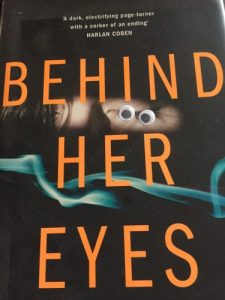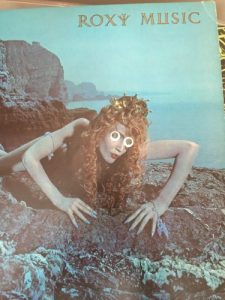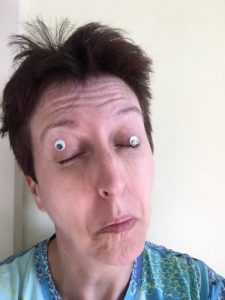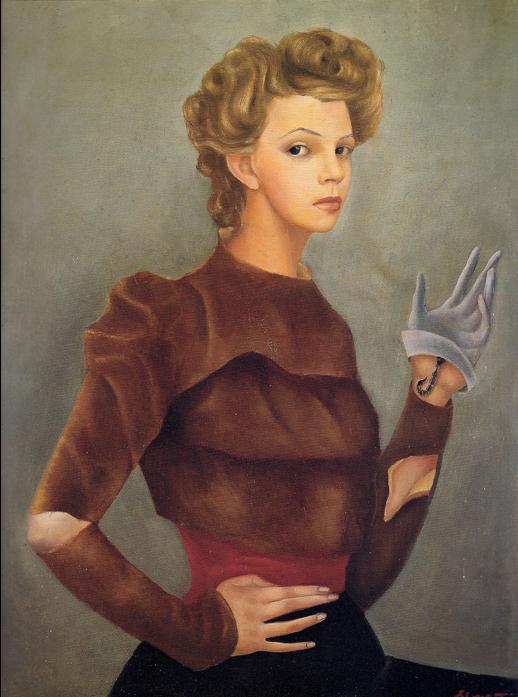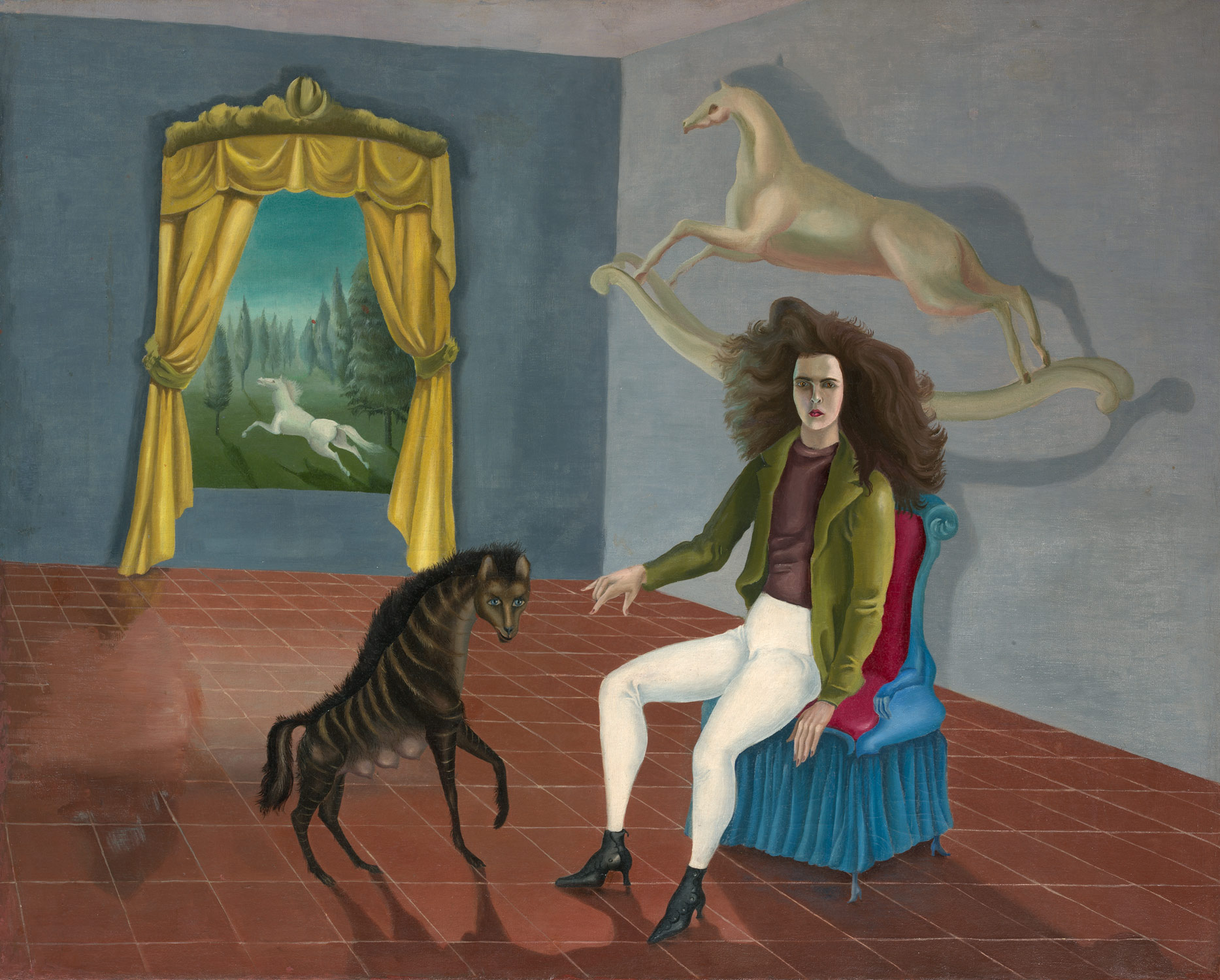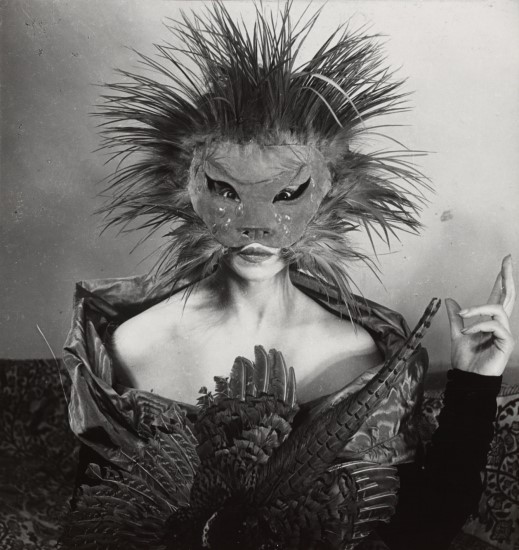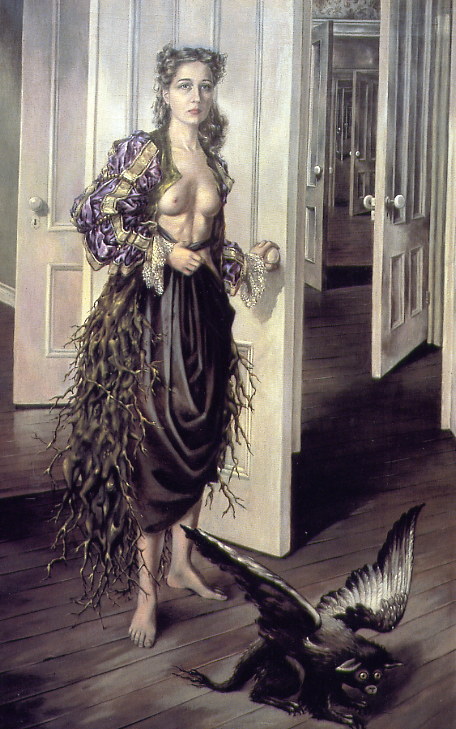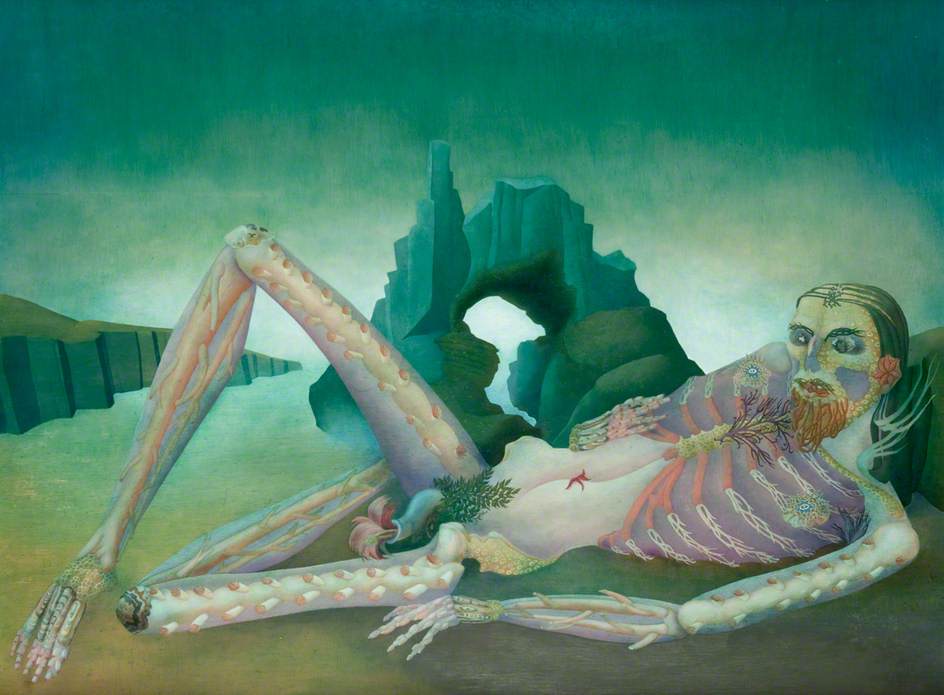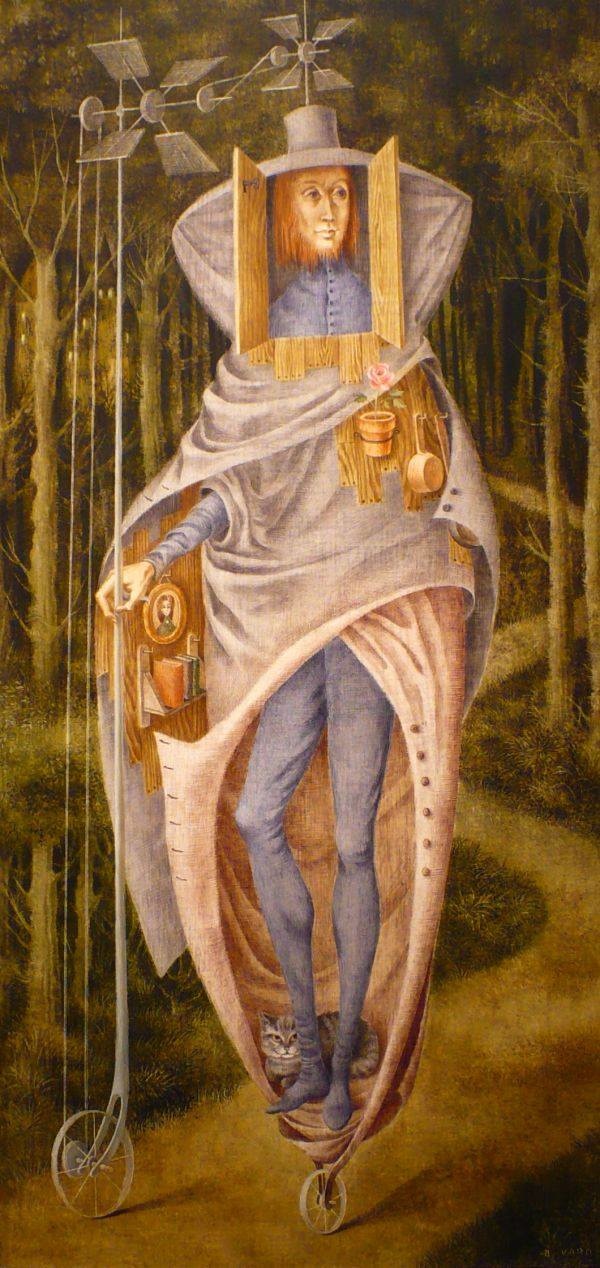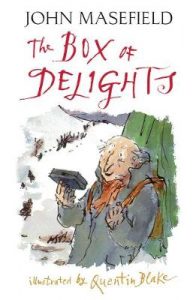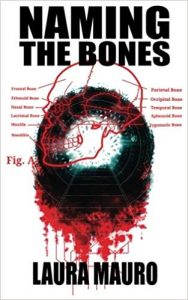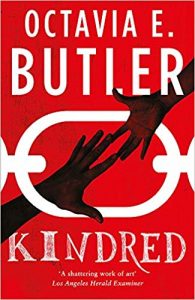by Xueting Christine Ni
Let me tell you a secret.
I lead a double life.
By day, I work at one of the UK’s largest publishing houses, producing illustrated novelty books, helping to develop them from concepts to finished products, negotiating with suppliers and collaborating with sales teams and creative professionals to ensure the books are to spec, within budget, manufactured correctly and delivered on time across the globe.
By night, I am China Woman, delivering talks, articles, books and translations to further the understanding of China, protect Chinese Culture from misrepresentation, fighting Sinophobia and stereotyping wherever I go.
Lately, I am finding that in order to rise up and respond to the challenges posed by the current politics of fear, my two roles are coming into contact and beginning to clash…
For nearly a decade and a half, my day job has afforded me little to no opportunities to interact my heritage. Day in day out, I am finding China being confused with Japan or Korea, where my culture deliberately avoided or ignored, by colleagues who wish to gush about their adopted pet Asian country, or by senior management who would resort to Google Translate, Wikipedia and other great lengths to hide their ignorance, rather than consult a native resource within their workforce, even as the majority of suppliers we use across the industry shifts to my homeland. When I start talking about Chinese culture, magically, the whole office becomes an expert on the subject, and whilst the mainly middleclass office takes great pains to be considerate of minorities, from queerness to religion, to gluten intolerance, derogatory insinuations to the Yellow Race as well as the belief that “made in china” may as well continue “..out of radioactive third rate plastic” persist.
I have generally responded to these by keeping my head down, and turning them into fuel for my Chinese culture work when I get home.
I could be kind, if I were inclined to, and say that China doesn’t do a lot to promote its cultural highlights. My social circles have consisted of largely occidental geeks and Japanophiles, the UK geek convention scene has heavily promoted Japan, and despite my efforts to make these gatherings into Pan-Asian culture festivals. Even the BBCs (British Born Chinese), have exhibited an aversion when it comes to their heritage, preferring anime style avatars, Japanese net names and turning up to events in kimonos and Gothic Lolita dresses. At the same time, my friends who’ve come over from Mainland China, have tended towards Anglophilia, desperate to fit in and sublimating their native culture to do so. This self-loathing by the Chinese was something I saw very visibly in the 1990s and early 2000s, and was one of the factors that motivated me in my work to make traditional Chinese culture accessible, as well as showcase the fantastic range of nascent pop culture coming out of a society changing at an astonishing pace.
I could also say, if I felt like being kind, that it’s not as if they have a lot of contact with Chinese colleagues. Like many BAME (Black, Asian and Minority Ethnic), I had to jump over the hurdle of Family. For Chinese parents, the only jobs one should even consider going into are Banking, Finance and “The Professions”. At gatherings of my family and their friends, you could be assured of bankers to recommend investments, stock brokers who’d try and double it for you, doctors who could write out a handy little prescriptions for pick-me-ups to help them through 20-hour work days, and friendly lawyers who’d get you acquitted if those pills caused someone’s heart to explode. It was a respectable cabal of the soulless, and whilst they may all take day trips out to country houses, none of them seemed interested in the great tradition and culture behind these, a tradition that produced the likes of Brontes, Gaskell, Collins and Foster.
These were the writers who accompanied me through my adolescence. My love of literature was dismissed as ‘a hobby’, until I told my parents I wanted to decline my UCAS offers in Economics, to study English Literature, and study that at university. It was half a year before my mother spoke to me again, despite living in the same house, and I took a part time job to pay for my college fees (something absolutely unheard of in my family social circle). English literature is one of the most popular arts and humanities degree in the country, and Publishing, the most common career of choice for graduates of this subject, yet for me, they were hard won life choices.
Even when we make that leap into the industry, it’s often just the beginning of the battle for BAME. Like everyone who loves literature, I thought I would be working up through the various iterations of editorial assistance, to become an editor. Soon after I had landed my first job at a major publishing group, I was already getting commissions for fiction translation in my “vigilante” capacity, so I felt assured of my dreams.
When an internal vacancy came up, I leapt at the opportunity, and was not at all surprised when I was asked in for an interview. Little did I know though, that the interview would be one of the shortest I’d ever had; how all the literary talent and organizational know-how with which I was going to impress my interviewer, would remain unsaid, and that the first question I was asked, “is English your first language?”, would in their minds, bar me from that whole side of the industry. The dejection I felt at this off-hand rejection was light compared to the years of self-doubt that followed, exacerbating the fractured sense of identity I’d already been struggling with, and the thought that maybe my parents had been right, and all we were good for was statistics and money. It has been a long battle, and I now have a string of successes and milestones I can use to remind myself that in fact, I’m damn good at this, and in many cases, maybe down to the effort I have had to spend to achieve these skills, far better than a native speaker who has had the English language handed to them on a plate.
I would like to say my work as “China Woman” has been plain sailing, but alas, nothing worthwhile is ever easy. Even though I was moved to the UK just before my teens, I had always kept myself aware of what was happening in China. Not just the news, but what my friends were spending their pocket money on, or watching on TV. As a grown-up I was lucky enough to return, and study my home country’s literature and culture in more depth, reconnect with old friends, and make plenty of new acquaintances. When I came back to the UK at the end of the 2000s, I fully launched myself into my Chinese culture work, relying on an unique insight that comes from total immersion in both China and Britain, combined with incisive abilities in cultural and literary analysis, and a passion for research, and most importantly, a desire to bring the best of China out and put it on display for my second home country. Yet I found myself competing against the confident, authoritative voices of white academics, who dominate China-related media circles in the West, and my work being used wholesale and uncredited on several occasions. It was grating to find these people, who had never set foot on anything but a main street, and whose Mandarin did not extend past “Wo Yao Yi Bei Zhong Bei Na Tie”, appearing on national radio to exploit whichever strain of Sinophobia that was doing the rounds, in order promote their field of expertise or full series on Sky Arts. Some, who quite happily ignored China for decades while they eulogized manga and anime in their book deals and public appearances, are suddenly jumping on the China bandwagon; often with such low levels of knowledge of the country’s history, culture, and outlook, that I’m often surprised they don’t burst into flames when they present themselves as the fount of wisdom for another culture.
Over a decade of learning, commentary and development would gather some critical mass, against whatever odds. Eight years after my rejection by the editor and several unpleasant incidents at other publishers that happened due to a lack of understanding of minority perspectives, I finally found confidence in being myself, both as a person and as a writer. The growth of internet usage, especially social media, both in China and around the world, have not only widened my audience and readership, but facilitated direct contact with them. My website and my posts are now a lot more visible to festivals, organisations and institutions around the world, who can easily reach out to me for talks, commentary and interviews via email, Twitter, or WeChat. It was thanks to this shrinking of the canyons between creators and publishers that I got my first non-fiction commission from a US publisher a few years ago. Chinese deities was hardly a subject I’d dreamt of writing on, but a hungry female BAME author makes the most every opportunity she is offered, and rather than a book on religion, I moulded my creation into a window into Chinese society and culture.
There has been a positive shift to embrace cultural and ethical change around the world. It has led to multiple campaigns, movements, support groups, and many parts of the media to move from mere tolerance to integration, even to the active embracing of diversity. It’s not all Utopian peace and harmony yet, but the subjects are being broached, and where one organization may still be as white as a roll of Gardapat Bianka, others have been actively redressing the balance and seeking out more representation where it is needed.
It has been my pleasure to be invited to teach Chinese cinema, as part of one of the only Contemporary World Cinema courses in the whole country, and although I had to practically start my own press junket on the UK release of Big Fish & Begonia, cinemas such as The Genesis, are starting to recognize the value of having a bicultural speaker introduce films steeped in Chinese tradition and culture to the British audience, rather than just picking the loudest white hack they could most easily get hold of. It has taken me ten years since my last one to find another suitable opportunity to publish my translations in print, but with this coming collection of Chinese Science Fiction, I hope to help English-language readers discover the fantastic range of genre fiction coming out of China.
China’s economic rise has led to a new-found domestic confidence and prompted many around the world to seek opportunities within the country. Together with the accessibility of online platforms, this has encouraged well-researched, accurate and in-depth reportage of China to the West. We no longer have to view China entirely through the lenses of international and colonial politics that traditional media outlets have tended to adopt, though even these are starting to improve. I have been lucky enough to be invited by the BBC to produce content on Chinese sci-fi cinema following the success of “The Wandering Earth”, and Disney’s upcoming live action “Mulan”.
As China becomes a bigger player on the world stage, fear of it, is, I’m afraid, again on the rise, and with it, a targeted attack of stereotyping and misperceptions of China. It serves certain organisations to present China as a land of mindless automatons flooding the West with cheap goods, a nation that can produce but not create. But even this hideous view is now being overshadowed by more modern Fu-Manchu villainy, depicting the country as a powerful polluter, sinister spy or a monstrous monoculture thirsting for world domination. The super-heroine, China Woman, has her work cut out for her, and the next time someone in the office talks of fake rice and spying cell phones, I might not just bite my tongue.

